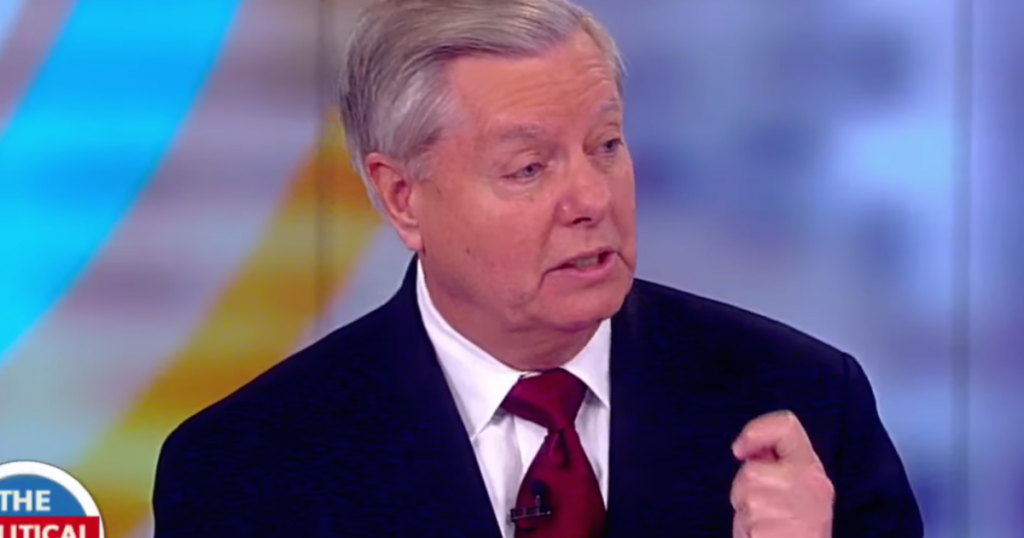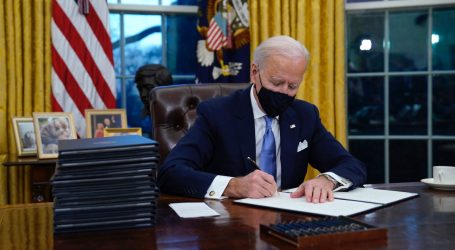Lindsey Graham No Longer Thinks Donald Trump Is a “Xenophobic” Bigot
Looking for news you can trust?Subscribe to our free newsletters.
Once a fierce critic of then-presidential candidate Donald Trump, Sen. Lindsey Graham (R-S.C.) appeared on national television on Monday to say he no longer believes Trump is a “race-baiting, xenophobic bigot.”
The South Carolina senator, who in August condemned the president for attracting the favor of white supremacists in the wake of a deadly nationalist rally in Charlottesville, stopped short of outlining exactly what factors may have contributed to the stark change in tune—other than the fact that his former primary opponent is now commander in chief.
“He ran against 17 Republicans and crushed us all,” Graham said during the appearance on “The View.” “He ran against the Clinton machine and won. So, all I can say is that you can say anything you want to say about the guy. I said he was a xenophobic, race-baiting religious bigot. I ran out of things to say. He won. Guess what? He’s our president.”
“You’re calling him a xenophobic, religious bigot?” co-host Joy Behar asked.
“I did that during the campaign,” Graham said. “I did.”
When pressed whether he still believes that his past characterizations of Trump hold, Graham answered: “No, I don’t think he’s a xenophobic, race-baiting religious bigot—as president.”
In recent months, Graham has slowly emerged as something of a Trump “whisperer” in the Oval Office, with the two known to play golf together and work collaboratively on legislation. “Lindsey used to be a great enemy of mine, and now he’s a great friend of mine,” Trump said during a meeting on immigration Thursday. “I really like Lindsey. Can you believe that? I never thought I’d say that, but I do like him a lot.”
The next day, the president’s admiration for his new friend likely grew when Graham, along with Sen. Chuck Grassley (R-Iowa), called for a criminal investigation into Christophe Steele, the former British spy who authored the infamous Trump dossier. Democrats slammed the decision as politically motivated and an attempt to distract from Trump’s potential times to the Kremlin. Graham on Monday defended the criminal recommendation, adding that he did not believe informants should “take their work product and give it to the FBI and the media at the same time.”




